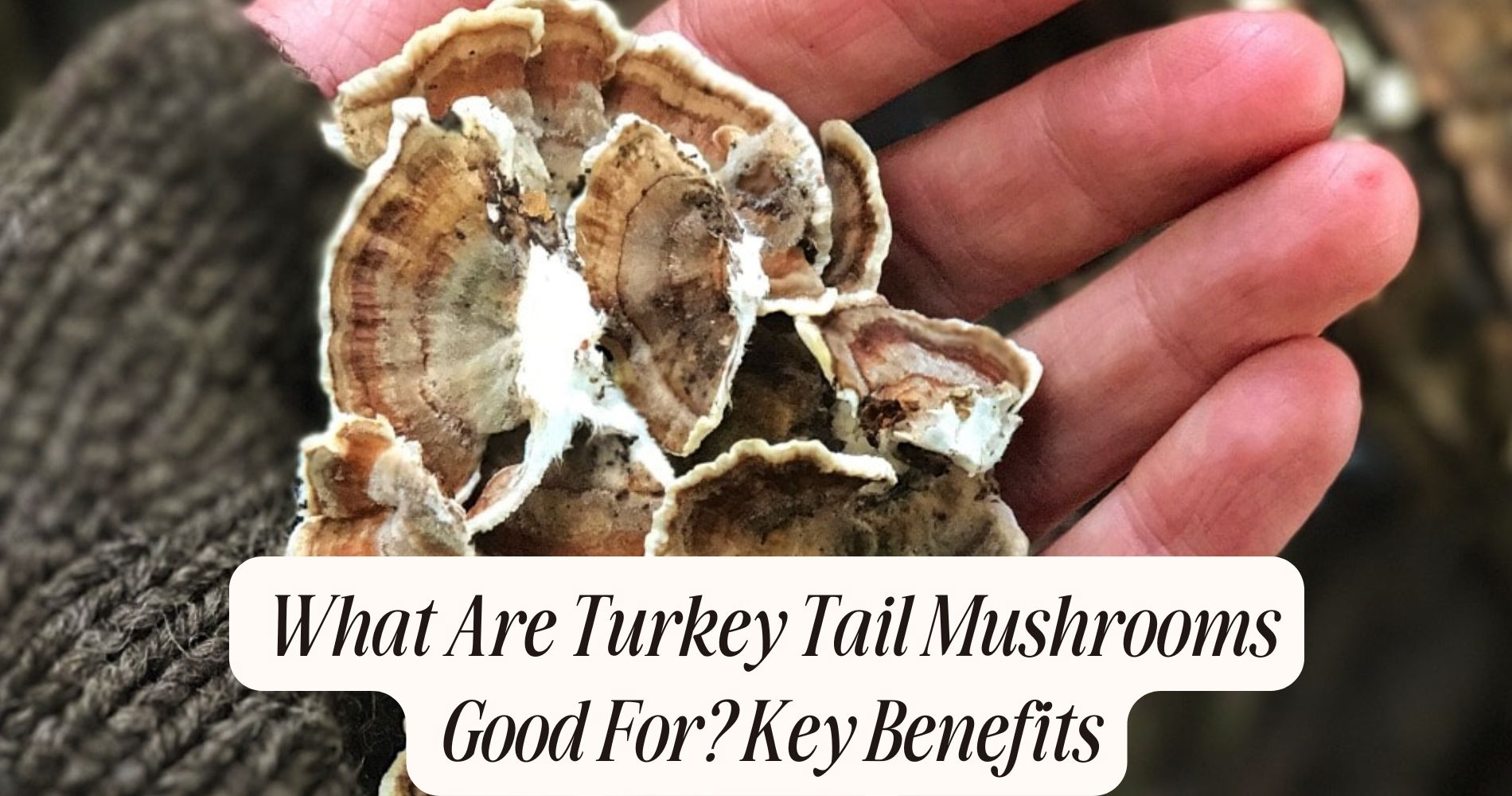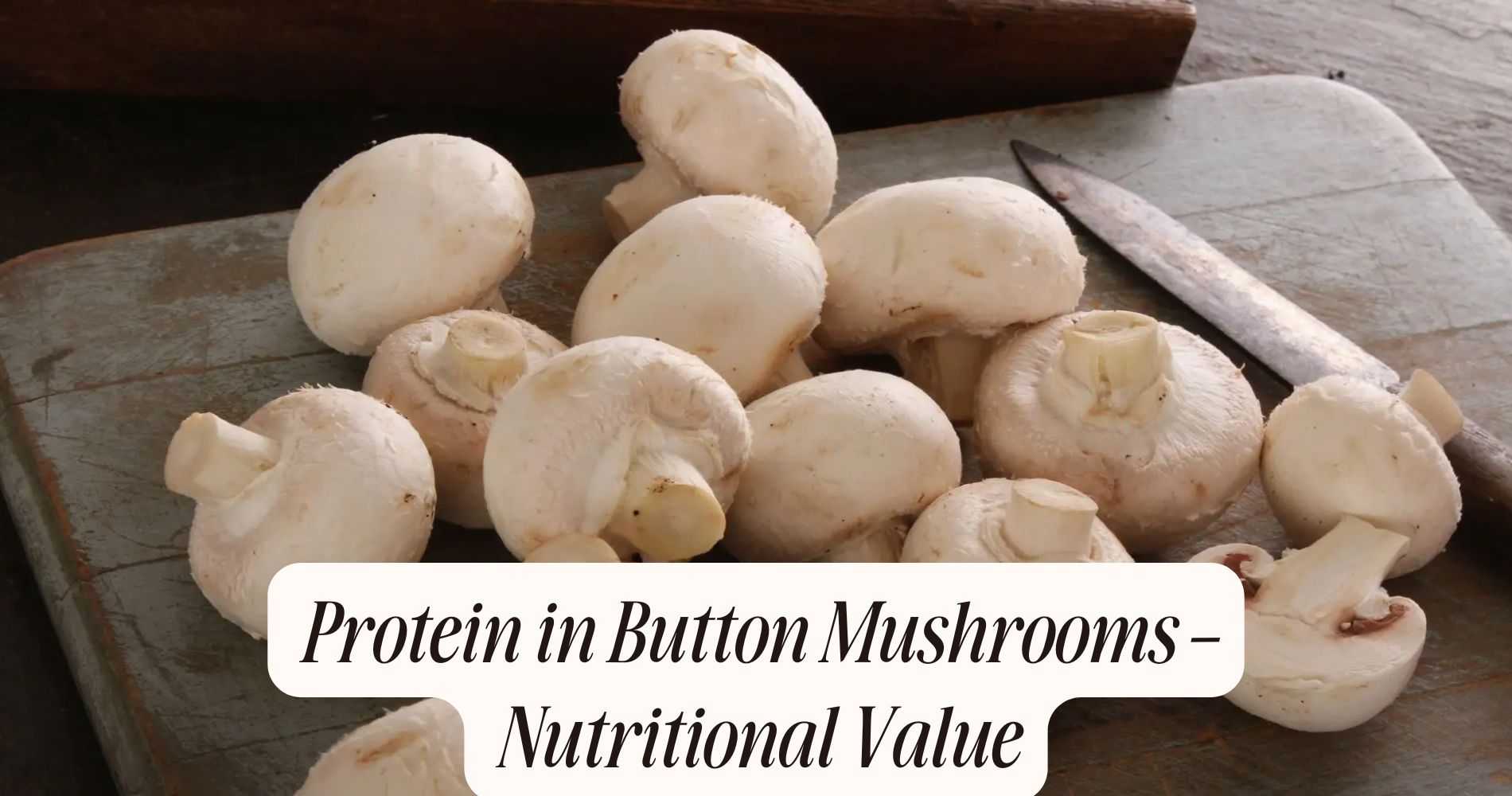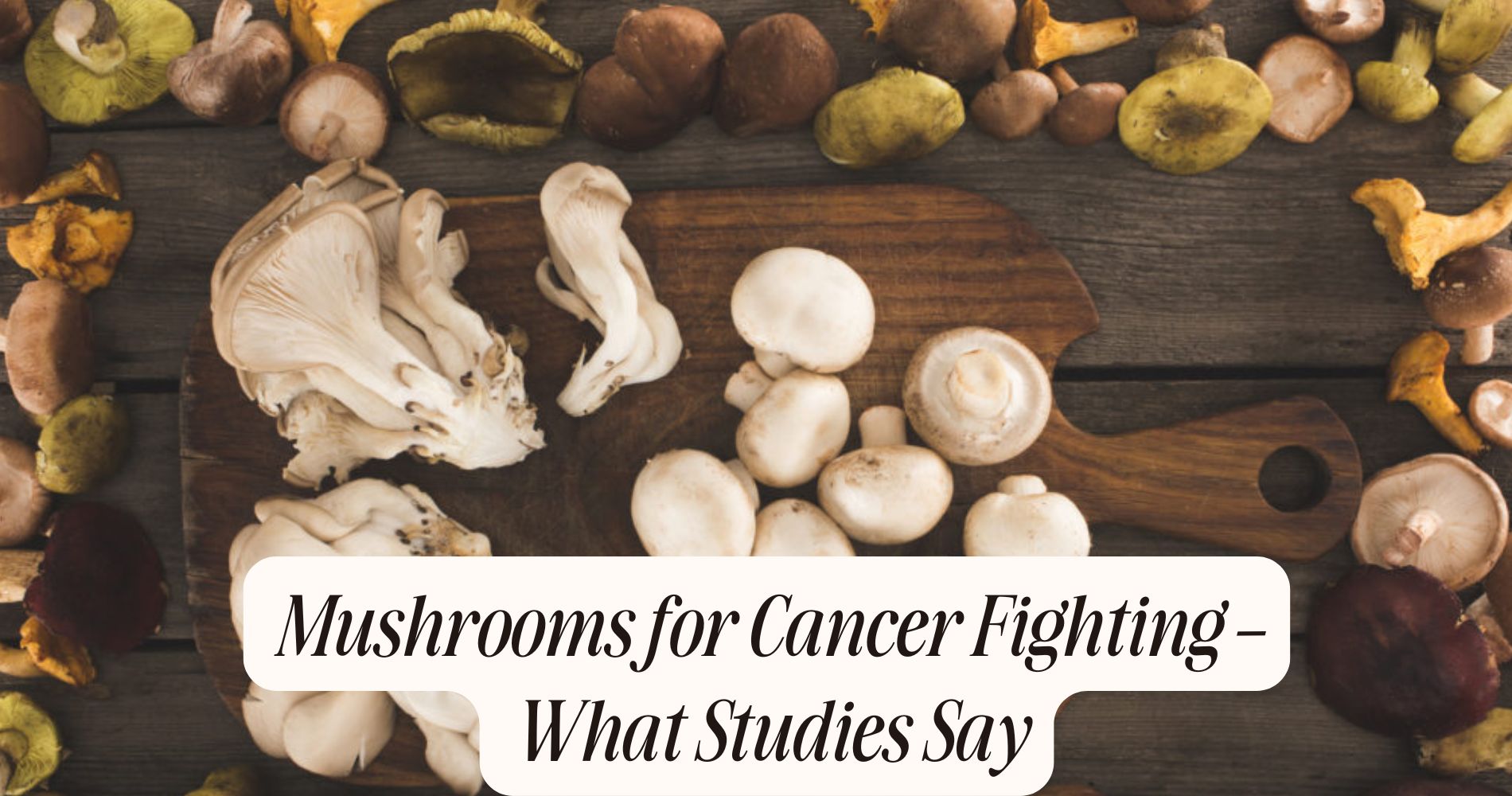
What Are Turkey Tail Mushrooms Good For? Key Benefits
What are turkey tail mushrooms good for? You’ll benefit from Turkey Tail mushrooms (Trametes versicolor) thanks to their potent polysaccharopeptides (PSK, PSP), which modulate immune responses and fortify defenses (Ooi & Liu, 1999; Wasser, 2011). They offer antioxidant ergosterols, phenolic acids, and prebiotic beta-glucans that support gut microbiota and reduce oxidative stress (Cui & Chisti, 2003; Ferreira et al., 2010). Clinical data shows adjunct potential in cancer protocols and energy metabolism. Explore how these diverse bioactive compounds may enhance physiological resilience.
Immune System Support
Although numerous mushrooms exhibit immunomodulatory properties, Turkey Tail (Trametes versicolor) stands out due to its high concentrations of polysaccharopeptides such as PSK (polysaccharide-K) and PSP (polysaccharide-peptide) (Wasser, 2011).
When you integrate Turkey Tail into your regimen, these bioactive compounds modulate cytokine production and enhance macrophage and natural killer cell activity (Ooi & Liu, 1999).

Historically, you’d find Turkey Tail in traditional uses across East Asia, where practitioners valued its immune-supporting effects in decoctions and tonics (Ng, 1998).
While its woody texture limits culinary applications, some cultures incorporate powdered fruiting bodies in broths, maximizing the extraction of immunomodulatory agents.
Research supports Turkey Tail’s ability to fortify your immune response, making it integral in both traditional and modern health practices (Lindequist et al., 2005).
Antioxidant Properties
When you examine the biochemical makeup of Turkey Tail (Trametes versicolor), you'll find it contains a diverse profile of antioxidant compounds, including phenolic acids, flavonoids, and ergosterol (Cui & Chisti, 2003; Ferreira et al., 2010). These bioactive molecules efficiently scavenge reactive oxygen species (ROS), reducing oxidative stress at the cellular level.
In traditional uses, Turkey Tail extracts have been employed to support systemic resilience against environmental toxins, largely attributable to their antioxidative capacity.
In culinary applications, incorporating Turkey Tail into broths or teas may deliver these antioxidant constituents, contributing to overall health. Several in vitro studies demonstrate that Trametes versicolor exhibits significant free radical inhibition, suggesting that you can leverage its antioxidant properties for potential cytoprotective effects (Ferreira et al., 2010).
This positions Turkey Tail as a functional ingredient in both traditional and modern contexts.
Gut Health Enhancement
Owing to its rich polysaccharide content, particularly beta-glucans and polysaccharopeptides (PSP, PSK), Turkey Tail (Trametes versicolor) exerts notable prebiotic effects within the gut microbiome (Cui & Chisti, 2003; Ryu et al., 2021).
When you consume Turkey Tail, its indigestible fibers undergo microbial fermentation in the colon, yielding short-chain fatty acids that support colonocyte health and intestinal barrier integrity. This fermentation benefits the proliferation of beneficial taxa such as Bifidobacterium and Lactobacillus, fostering enhanced microbiome diversity (Ryu et al., 2021).

Increased microbiome diversity correlates with improved metabolic homeostasis and immune modulation. Unlike simple dietary fibers, the unique structure of Trametes versicolor polysaccharides specifically stimulates symbiotic bacterial consortia, optimizing gut ecological equilibrium.
Therefore, Turkey Tail functions as a potent dietary prebiotic, promoting resilient gastrointestinal health.
Potential Cancer-Fighting Effects
Emerging research highlights Turkey Tail (Trametes versicolor) as a promising adjunct in oncological support, largely due to its bioactive polysaccharopeptides—primarily PSK (polysaccharide-K) and PSP (polysaccharopeptide) (Eliza et al., 2012; Maehara et al., 2012).
If you’re considering integrative protocols, you’ll find that PSK and PSP modulate immune function, enhance cytotoxic T-cell activity, and may inhibit tumor proliferation (Zhu et al., 2012; Kidd, 2000). Clinicians often pair Turkey Tail with companion herbs such as Astragalus membranaceus or Ganoderma lucidum to synergize immunomodulatory effects.
For ideal benefit, follow evidence-based dosage guidelines—typically 1.5–3 grams daily of standardized extract—ensuring consistency and safety (Ooi & Liu, 1999). Always consult with oncology specialists before integrating these protocols, as interactions may occur.
Energy and Vitality Boost
Although often sought for immune modulation, Turkey Tail (Trametes versicolor) also contributes to enhanced energy and vigor, primarily through its impact on mitochondrial function and systemic homeostasis (Song et al., 2020; Lindequist, 2013).
You’ll benefit from its polysaccharide-rich matrix, which supports adenosine triphosphate (ATP) synthesis, the cellular “energy currency.” By stabilizing oxidative stress and regulating metabolic pathways, T. versicolor can improve endurance and counteract fatigue (Zhu et al., 2016).

Traditional uses in Eastern medicine have long incorporated Turkey Tail for revitalizing depleted states and restoring qi.
In modern culinary applications, you can integrate powdered fruiting bodies into broths or teas, leveraging both nutritional and bioactive constituents. This makes Trametes versicolor a practical choice for sustained energy and overall vitality enhancement.
Boost Your Wellness with SUPER MUSHROOM GUMMIES
Wondering what are turkey tail mushrooms good for? They’re known for supporting immunity and gut health. Now, you can easily enjoy the benefits of not just turkey tail but nine other functional mushrooms with Well Gummies' SUPER MUSHROOM GUMMIES! These vegan, chewable gummies are designed to fuel your brain, enhance energy, and promote a balanced body—all in a delicious wild berry flavor. No jitters, no crash—just natural, steady energy and sharper focus to keep you feeling your best. Enjoy the power of mushrooms the convenient way with Well Gummies!

Frequently Asked Questions
Are Turkey Tail Mushrooms Safe for Children and Pets?
You should exercise caution regarding child safety and pet safety with Trametes versicolor. Scientific literature (e.g., Hobbs, 2004) lacks pediatric or veterinary dosing data, so don’t administer turkey tail mushrooms to children or pets without professional supervision.
What Is the Best Way to Take Turkey Tail Mushrooms?
You should follow dosage guidelines—typically 1-3 grams daily—when consuming Trametes versicolor. Popular preparation methods include hot water extracts, tinctures, or encapsulated powders (Oka et al., 2023). Consult healthcare professionals for individualized recommendations.
Can Turkey Tail Mushrooms Cause Allergic Reactions?
You can experience allergic reactions to Turkey Tail mushrooms (Trametes versicolor), including dermatitis or respiratory symptoms. Always observe safety precautions; consult studies like Lindequist et al. (2005) and monitor for hypersensitivity when introducing new fungal supplements.
How Do Turkey Tail Mushrooms Taste in Food?
When you incorporate Coriolus versicolor (Turkey Tail) into recipes, you'll notice woody, earthy flavor profiles. It's not typically used for culinary uses due to tough texture, but decoctions and extracts (Stamets, 2019) are popular.
Are There Any Drug Interactions With Turkey Tail Supplements?
You should consider potential drug interactions when using Trametes versicolor supplements. Current literature (e.g., Eliza et al., 2012) suggests immunomodulatory effects may modify medication efficacy, so consult your healthcare provider to ensure supplement safety and avoid adverse outcomes.
Conclusion
You’ll find that incorporating Trametes versicolor (turkey tail) into your regimen may enhance immunomodulation through beta-glucans, support antioxidative defense via phenolic compounds, and foster gut microbiome diversity (Smania et al., 2007; Xu et al., 2020). Clinical studies suggest adjunctive anticancer potential and improved vitality (Eliza et al., 2012). By leveraging these bioactive polysaccharides and polyphenols, you’re harnessing scientifically validated health benefits that position turkey tail as a valuable functional mycological supplement.



